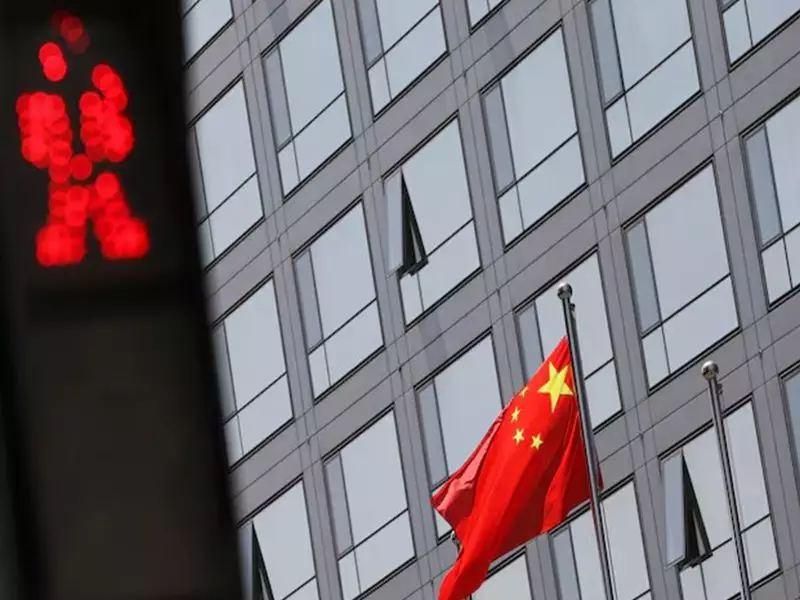
In a dramatic turn of events, China's strategic use of rare earth minerals as economic leverage has spectacularly backfired, triggering a unified global response that threatens to dismantle Beijing's decades-long dominance in this critical sector.
The Global Wake-Up Call
The world has received a stark warning about the dangers of supply chain concentration as China's economic coercion tactics have accelerated international efforts to develop alternative rare earth sources. What was once considered China's trump card in trade disputes has become the catalyst for global diversification.
Rare Earth: The Hidden Foundation of Modern Technology
Rare earth elements form the backbone of countless advanced technologies, from smartphones and electric vehicles to sophisticated military equipment and renewable energy systems. For years, China maintained near-total control over these critical materials, producing over 90% of the world's supply.
The turning point came when Beijing began explicitly using this dominance as a political weapon, threatening to cut off supplies during diplomatic disputes and trade negotiations. This heavy-handed approach has proven to be a monumental strategic miscalculation.
Global Counter-Offensive Gains Momentum
Nations worldwide are now executing coordinated strategies to break China's stranglehold:
- Massive investment in alternative mining projects across North America, Australia, and Africa
- Accelerated recycling technologies to recover rare earths from electronic waste
- International partnerships creating diversified supply chains that bypass Chinese control
- Stockpiling initiatives by major economies to ensure supply security
India's Strategic Response
India has emerged as a key player in this global realignment, leveraging its own substantial rare earth deposits and technical capabilities. New Delhi has launched ambitious programs to develop domestic processing facilities and establish strategic partnerships with other mineral-rich nations.
"The era of economic blackmail through resource control is ending," notes a senior trade analyst. "China overplayed its hand and united the world against this form of coercion."
The Economic Fallout
China's short-term tactical victories have come at enormous long-term cost. The global rush to develop alternative supplies has already diminished Beijing's pricing power and strategic influence. Meanwhile, international trust in China as a reliable trading partner has suffered irreversible damage.
Major technology companies are now actively redesigning products to use fewer rare earth elements or alternative materials, while governments are implementing policies that prioritize supply chain resilience over cost efficiency.
A New Global Order Emerges
The collective response to China's economic coercion represents a fundamental shift in how nations approach strategic resources. What began as reactive measures has evolved into a comprehensive strategy for technological sovereignty and economic security.
As one European trade official observed: "China taught us the importance of not putting all our eggs in one basket. Now we're building multiple baskets, and the lesson will shape global trade for generations."
The rapid unraveling of China's rare earth dominance serves as a powerful reminder that in today's interconnected world, economic weapons can quickly become diplomatic liabilities when overused.






